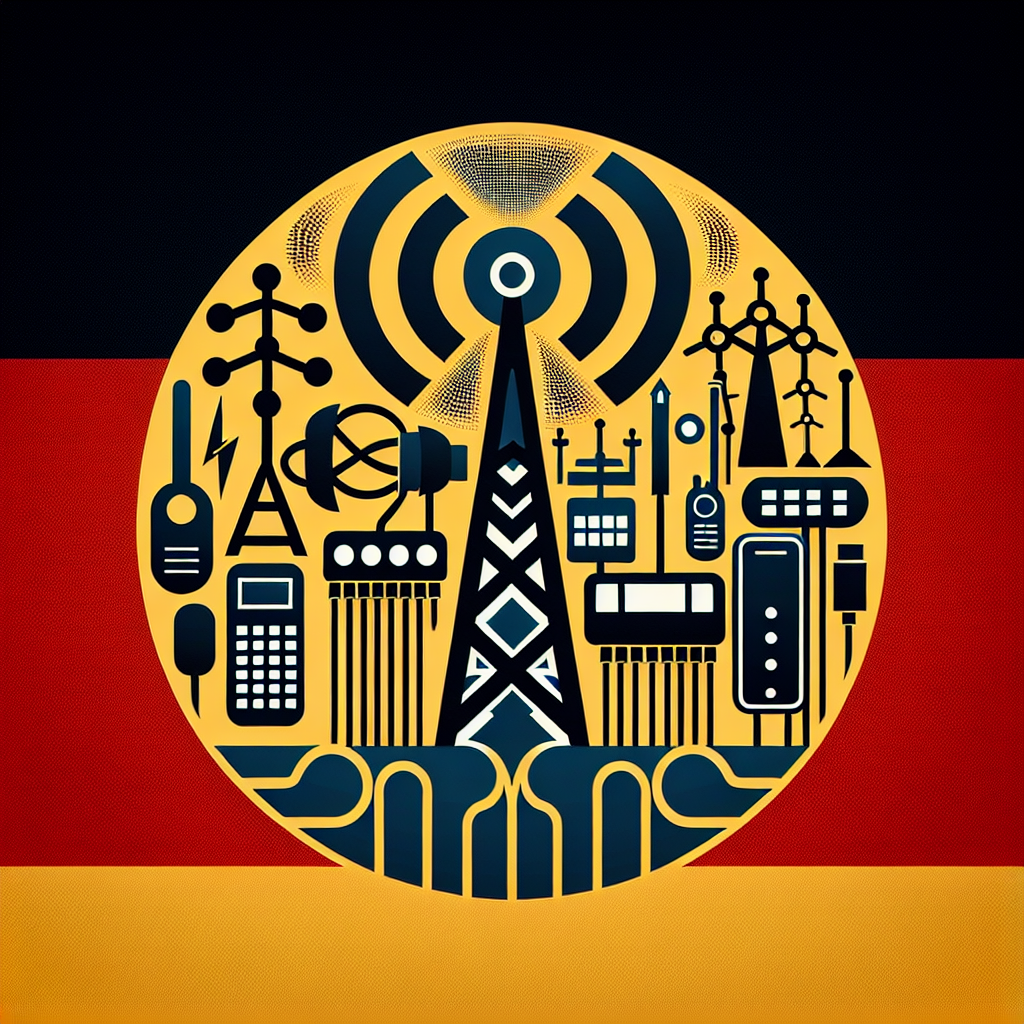Warning Signs: Germany's Energy Transition Dilemma
Germany's Federal Network Agency warns of possible electricity shortfalls by 2030 if the energy transition falters. The Security of Supply Report stresses the need for enhanced renewable energy expansion, new gas power plants, and flexible electricity demand to ensure future energy security.

- Country:
- Germany
Germany could face rare electricity shortfalls as early as 2030 if its energy transition process hits a roadblock. This warning comes from the country's Federal Network Agency, which presented its Security of Supply Report on Wednesday. While the energy supply is projected to remain secure until 2035, the report highlights significant risks if renewable energy growth slows, new gas-fired plants are not constructed, and electricity demand lacks flexibility.
The report further emphasizes the critical need for controllable generation capacity, flexible power consumption from emerging users, like electric vehicles, and ongoing grid expansion. In a worst-case scenario, any delays in the deployment of renewables, grid expansion, and demand flexibility could necessitate up to 36 gigawatts of new gas capacity.
Although such situations could lead to rare supply shortfalls near 2030, reserve measures would prevent blackouts or forced shutdowns. These findings surface as Berlin is in talks with the European Commission regarding tenders for up to 20 gigawatts of gas power plants. The first auction is anticipated by the year's end, preceding an expected government review of energy demand and transition strategies.
(With inputs from agencies.)
ALSO READ
GST Rate Cut Sparks Boost in Renewable Energy Sector
Maharashtra's Push for Clean Transport: Toll-Free Ride for Electric Vehicles
ACME Solar Wins 50 MW Renewable Energy Project with Tata Power
India Pioneers Global Renewable Energy Revolution with Unmatched Pricing
Suzlon's S144: Revolutionizing Renewable Energy with Low Carbon Footprint










